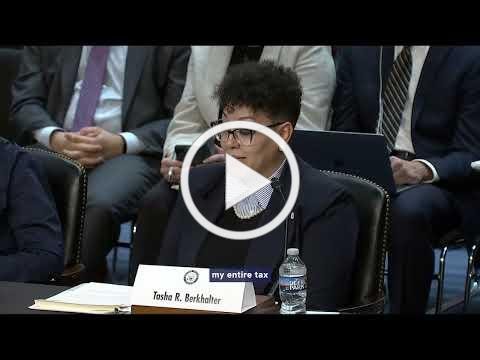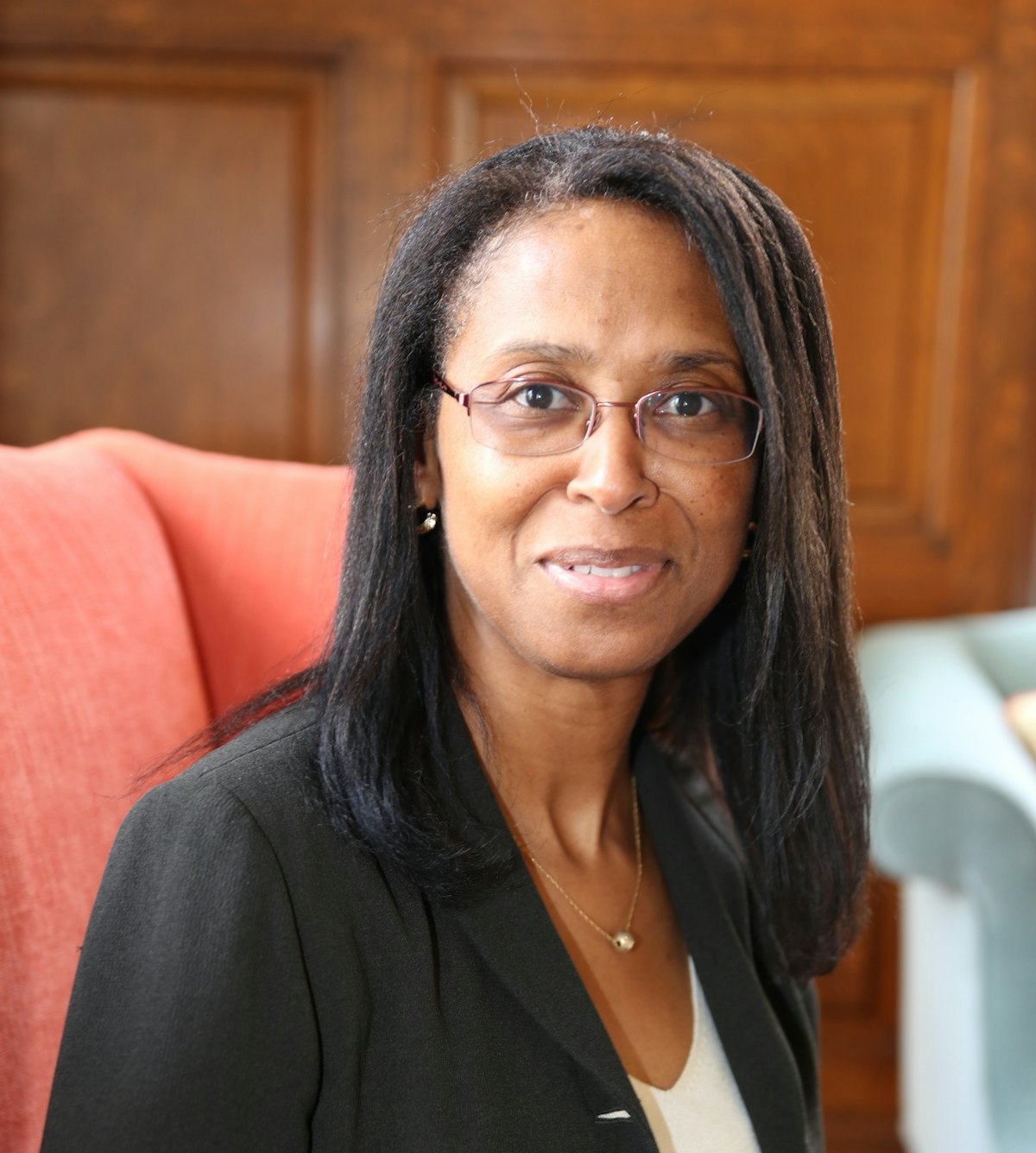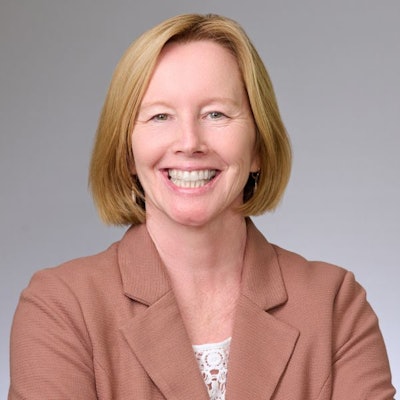On college campuses across the country, students and administrators are debating bans on Fizz, a mobile app that lets users within a particular community — such as a college or university — communicate anonymously.
Some view Fizz as a source of bullying and other unwelcome content. Yet many students see Fizz — founded by two Stanford dropouts who felt their campus lacked opportunities to build community during the COVID-19 pandemic — as a source of vital connection. Indeed, The New School Free Press described the app as “a central hub for students to anonymously vent their frustrations, experiences, and feelings.”
Campus newspapers from communities as varied as The New School, Georgetown, and Colby have run op-eds this semester proclaiming the app beloved by their student bodies. To these students, anonymous apps like Fizz and its industry peer Sidechat aren’t just sources of humor and gossip — they’re important forums for discussion about taboo subjects such as STDs, student labor union disputes, and law enforcement. Last spring at UCLA, for example, Sidechat played a noteworthy role in helping pro-Palestinian campus protesters track police actions.
A brief history of attempts to ban anonymous platforms
This isn’t the first time an anonymous social media platform has sparked controversy, split reactions, and faced bans on campus. In 2016, numerous private colleges and universities banned Yik Yak, a location-based anonymous messaging app that shut down in 2017 amid reports of rampant bullying. Then, as now, user experiences varied. Though some pointed to the app’s abuses, others found spaces for open discussion, particularly on sensitive subjects.
For example, at John Brown University, a Christian college in Arkansas, students used Yik Yak to discuss a professor’s “views on the LGBTQ+ community” and the university’s treatment of same-sex couples. Without an anonymous platform, these students’ concerns may have gone unaddressed.
In 2022, Yik Yak re-emerged with new “community guardrails” to prevent harassment and abusive behavior. Now, it’s back to facing proposed bans on campus, alongside Fizz and Sidechat — which acquired Yik Yak in March 2023.
The Futility of ‘Banning’ Yik Yak on Campus
On college campuses across the country, students and administrators are debating banning Yik Yak, a mobile phone application that allows its users to communicate anonymously.
In some ways, it feels like 2016 all over again. But in the years since the first anti-Yik Yak crusades, what has changed?
On the technology side, the changes have been mostly minor. Yik Yak’s model of open access to geofenced forums for users within a certain mileage radius meant a competing setup could emerge with the advent of Fizz and Sidechat, which provide each college or university with its own private “campus community.” These communities are open only to those with verified school email addresses.
On the policy side, though, the developments have been more troubling. Instead of administrators imposing new restrictions over the objections of their student bodies, students themselves are now urging schools to curtail their ability to use anonymous apps. From liberal arts colleges in Pennsylvania to large research universities in Texas, students are leading campaigns urging their schools to ban platforms they say are causing “harm,” including “cruel, racist, homophobic, anti-disability comments” and “a surge of racism.” And this time around, public universities — that, unlike private institutions, are beholden to the First Amendment — are joining in on the bandwagon. The University of North Carolina system has said it is working on a ban targeting Yik Yak, Sidechat, Fizz, and Whisper. A public institution completely banning these platforms would jeopardize student rights and shut off popular avenues for expression on campus.
How the First Amendment protects online and offline anonymous speech
To FIRE’s knowledge, no public college or university blocked access to Yik Yak on its network during the first round of attempted bans in 2016. Such a restriction by a public institution would conflict with the First Amendment, which protects the right to anonymous speech. As the Supreme Court recognized in McIntyre v. Ohio, anonymity “exemplifies the purpose behind the Bill of Rights and of the First Amendment in particular: To protect unpopular individuals from retaliation . . . at the hand of an intolerant society.”
The Electronic Frontier Foundation has likewise explained that a public institution’s prohibition on anonymous online platforms would contravene the First Amendment, since courts have recognized that the First Amendment protects anonymous speech on the internet specifically. In Doe v. 2TheMart.com, Inc., senior district judge Thomas Samuel Zilly concluded, “Internet anonymity facilitates the rich, diverse, and far-ranging exchange of ideas. The ability to speak one’s mind on the Internet without the burden of the other party knowing all the facts about one’s identity can foster open communication and robust debate.” “Indeed, our founders relied on anonymity when creating the Constitution,” EFF similarly wrote.
Anonymous speech, present at the founding in The Federalist Papers and Common Sense, lies at the core of American liberty — and we must not forget it.
The offensiveness of the speech at issue doesn’t strip it of First Amendment protections on campus — if anything, it reinforces why those protections exist. As recognized in Gay Lib v. University of Missouri, a public university, “as an instrumentality of the State, has no right to restrict speech or association simply because it finds the views expressed to be abhorrent.”
The practical stakes of banning anonymous forums from campus are high. Cutting off access to online platforms doesn’t only silence offensive comments — it restricts the tools students use to speak, organize, and mobilize around political and social causes, in ways that are often faster and more powerful than offline alternatives.
Consistent with their right to speak anonymously, students possess the First Amendment freedom to assemble and receive information through both online platforms and offline media. As Justice Black wrote in Martin v. City of Struthers, “This freedom embraces the right to distribute literature, and necessarily protects the right to receive it.” By prohibiting anonymous social media platforms, schools would unconstitutionally impede students’ ability to access information from peers who may express certain critiques of the status quo only through anonymous online speech.
The symbolism of bans
Attempts by colleges to block access to such platforms are not only legally fraught, but also ineffective. A campus’s control over internet access extends only so far: An institution cannot stop a student from visiting a particular website or using an app at home, in a public library, or from a neighborhood café. In an era of widespread cellular data and VPNs, bypassing a campus network restriction is as easy as disconnecting from campus Wi-Fi. Put simply, preventing student access to Yik Yak, Fizz, or any other app is impossible absent extreme measures such as disrupting cellular service or punishing students for using technology off campus.
Despite this inherent futility, several institutions have nonetheless imposed such bans. When Saint Louis University banned Yik Yak in March 2015, it characterized the app as “inappropriate and counterproductive,” but acknowledged that it would remain accessible on students’ mobile devices, a tacit recognition of the ban’s ultimate ineffectiveness. Nevertheless, the university framed the ban as an “important and symbolic” step. After Yik Yak was blocked from campus internet access, the platform unsurprisingly continued to receive dozens of posts each day from SLU students using cellular data. New restrictions on platforms like Fizz, Sidechat, or Whisper are likely to prove equally pointless.
So, given the ineffectiveness of such bans, why do they matter? SLU was right about one thing: They’re symbolic. And the symbol such bans conjure should alarm us all. That students would support, and in some cases, ask, for administrators to curb their right to anonymous speech is a disturbing harbinger of an all-too-common willingness to accept the tyranny of good intentions, oblivious or indifferent to the harms such kindly inquisitors pose.
From student activists today to political thinkers at the nation’s founding, anonymity has long been a vital tool for challenging entrenched power.
Students assume administrators will use such powers for good. When anonymous feeds start functioning as an unaccountable rumor mill — where, as one student at Marywood University put it, “Yik Yak’s anonymous posts allow for people to make fun of people and have no consequences” — it’s not hard to see why some students reach for the quickest lever available: Cutting off campus Wi-Fi access. And when students describe anonymity as “really bad” because it lets people post hateful attacks “and face no consequences,” the ban-them-all pitch is often framed less as punishing dissent than as basic harm reduction — a way to deter doxxing, harassment, and spiraling pile-ons when platform moderation and campus processes feel too slow or toothless. At the University of Vermont, for example, a student who said he’d seen posts that were “super racist or super sexist or homophobic” argued “there would be an improvement on the well-being of the community if the app were restricted.” Students want a safer campus climate, and they trust bans from administrators to get there.
Yet, banning entire platforms is a heavy-handed solution. There are more narrowly-tailored ways to address genuine safety concerns. The First Amendment doesn’t protect discriminatory harassment, true threats, or violence; university administrators and content providers can address targeted instances of unlawful conduct without wholesale platform restrictions.
Handing over broad banning powers carries its own risks, too. The idea that it’s anyone’s business which apps you use reflects a paternalistic and authoritarian mindset, one more appropriate to grade-school supervision than to the treatment of autonomous adults. This is probably not a precedent students actually want to set.
Moreover, the moral panic we’re seeing flattens the reality that people engage with platforms in markedly different ways — technology is a tool capable of both benefit and abuse, not a single, undifferentiated force. Writing in Bloomberg, FIRE board member Virginia Postrel described her own experience exploring Yik Yak and concluded that anonymity can foster empathy and mutual support among students. Rather than serving only as an outlet for provocation, anonymity often creates a space where students can acknowledge vulnerabilities they “often won’t admit to their friends,” including academic pressure, loneliness, and mental health struggles.
Postrel highlights exchanges in which students openly share feelings of despair and are met with immediate affirmation — simple responses like “I feel the same way” and “me too” that convey understanding and solidarity. In settings where public disclosure might invite ridicule or dismissal, anonymity allows students to recognize that they are “not alone.”
Banning platforms that allow anonymous speech is not merely unlawful in some circumstances. It is fundamentally hostile to a culture of free expression. An open internet has long served as a refuge for subcommunities that might otherwise disappear entirely — political dissidents living under authoritarian regimes, sexual minorities navigating social stigma in small or insular communities, and countless others for whom visibility carries real risk. From Signal to Telegram, Reddit to Craigslist — and yes, from Yik Yak to Fizz — forums that permit anonymity have historically empowered the powerless. They do not inherently invert power dynamics in favor of abuse, as critics often suggest. If anything, they correct imbalances that would otherwise silence vulnerable voices altogether.
As EFF observed, anonymity can be essential to student activism and support-seeking on campus. Anonymity can allow survivors of sexual or racial violence to discuss their experiences and find support without exposing themselves to further harm. At Columbia, for example, student activists relied on anonymous speech to criticize what they viewed as an inadequate university response to sexual assault allegations from their peers — fearing retaliation, discipline, or lawsuits if they spoke publicly. At Guilford College, students circulated an online form to gather anonymous accounts and reports of racial violence from people who didn’t feel safe submitting their names through official university channels.
These anecdotes are not outliers but part of a long American tradition of protecting the right to privacy. Speakers may opt for the security of anonymity rather than risk attribution; this should not be met with punishment. From student activists today to political thinkers at the nation’s founding, anonymity has long been a vital tool for challenging entrenched power. Anonymous speech, present at the founding in The Federalist Papers and Common Sense, lies at the core of American liberty — and we must not forget it.








